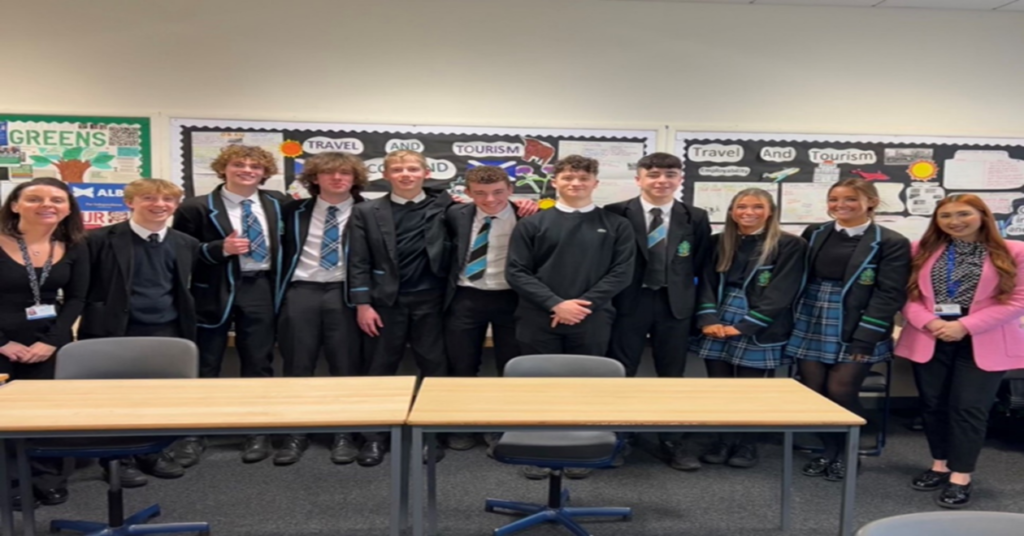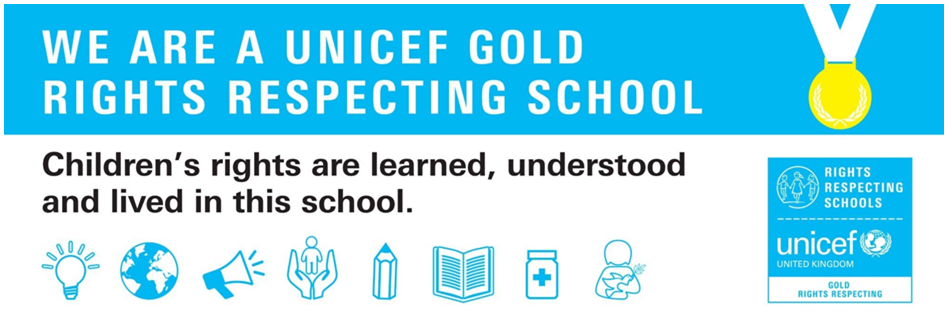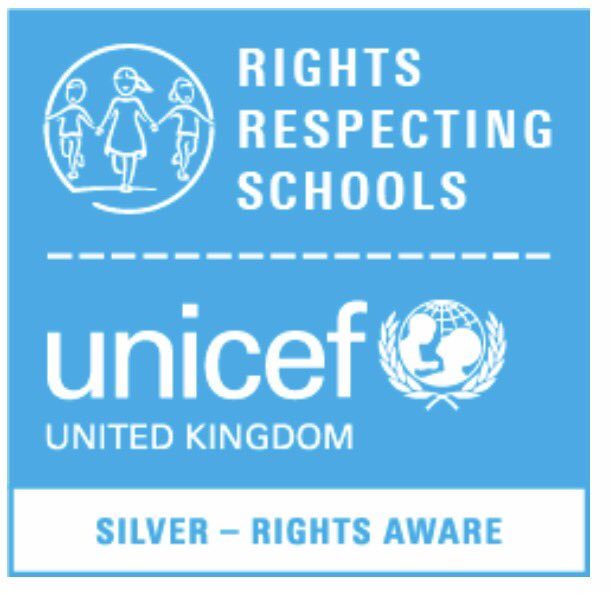What is the UNCRC?
UNICEF is the world’s leading organisation working for children and their rights. In 1989, governments worldwide promised all children the same rights by adopting the UN Convention on the Rights of the Child (CRC). These rights are based on what a child needs to survive, grow, participate and fulfil their potential.
What is the Rights Respecting School Award?
The ‘Rights Respecting School’ award (RRSA) will help our pupils to grow into confident, caring and responsible young citizens both in school and within the wider community. By learning about their rights our pupils, your children, also learn about the importance of respecting the rights of others.
https://www.unicef.org.uk/rights-respecting-schools/
Our Rights Respecting School Journey
We at Williamwood High School have been on our journey to becoming a Rights Respecting School since 2016 and were awarded our Silver award as ‘rights aware’ after meeting all the criteria set by UNICEF in May 2017.
In 2019, we achieved the Gold award as ‘rights aware’ after embedding rights across the curriculum and building on the success we have had highlighting children’s rights in various different ways. We have formally become a Rights Respecting School, which involves putting the rights of children at the heart of everything we do at Williamwood. Recently, Miss Mauchlen and the steering group have been working Gold Award reaccreditation.

Miss Mauchlen, Miss Mowat and our steering group of 12 pupils meet every Friday at lunchtime in ICT 10 with other members of staff who volunteer their time to organise and discuss different events that they would like to run and take part in throughout the school year such as speaking at assemblies, presenting at staff events and revamping our school’s charter. From August 2023, we are looking to recruit new members for our steering group – further information on this will be released in the new school year.

After consultations with staff, we decided to revamp our school charter so we are currently focusing on the following four rights:
- Article 3 – The best interests of the child must be the top priority in all things that affect children.
- Article 20 – Every child has the right to be looked after properly.
- Article 28 – Every child has the right to an education.
- Article 29 – A child’s education should help them fully develop their personalities and traits

Our commitment to becoming a Rights Respecting School was embedded in the whole school improvement plan after consulting with pupils, parents/carers and staff. If any parents wish to get involved, please get in touch via Twitter @WilliamwoodHS. We intend to build on our success next year by implementing more lessons around rights in PSHE as well as in subject specific areas.
LGBT Charter of Rights.
At Williamwood High School, we are committed to anti-discrimination in all its forms. We are a Gold certified Rights Respecting School, as well as undertaking the process to be become a LGBT Youth Scotland Charter School. The Equalities Act (2010) prohibits discrimination on the basis of gender identity or sexual orientation. Being an LGBT Charter school, and a Rights Respecting School, ensures that the Rights of all are at the forefront of daily life in our school community.
The LGBT Charter Rights are:
- LGBT people have the right to be themselves:
This means that all LGBT people in Williamwood are accepted and live free from prejudice and discrimination on the grounds of sexual orientation, gender identity and gender expression. - LGBT people have the right to be kept from harm:
This means that all LGBT people are protected from hate crimes, bullying and other forms of violence.
- LGBT people have the right to be heard:
Everyone at Williamwood, irrespective of gender expression or sexual identity, is treated fairly and their views and experiences taken into account and acted upon.
- LGBT people have the right to be healthy:
This includes equal access to healthcare, and the impact of prejudice and discrimination on health properly addressed.
- LGBT people have the right to form relationships:
These relationships should be free from abuse and with equality of recognition.
- LGBT people have the right to privacy:
This right to privacy relates to information pertaining to sexual orientation and gender identity. This information will not disclosed to others, without consent to do so.
- LGBT people have the right to education:
The school’s curriculum recognises diversity and implements programmes that seek to eliminate prejudice on the grounds of sexual orientation, gender identity and gender expression.
- LGBT people have the right to be cared for:
This care is free from prejudice and discrimination and in every setting.


